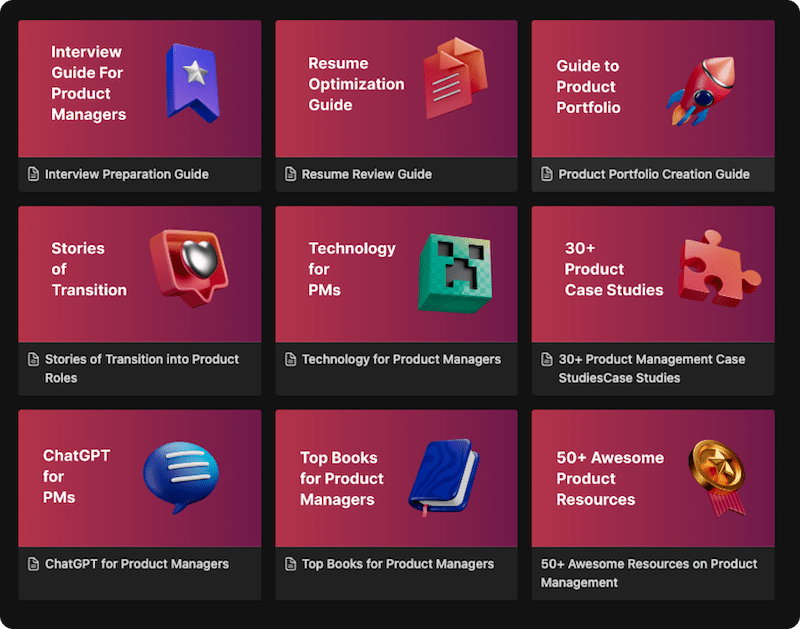Book Summary of Never Split the Difference by Chris Voss
About The Book
“Never Split the Difference” by Chris Voss is a captivating and insightful book that explores negotiation strategies and tactics based on the author’s experience as a former FBI hostage negotiator. Voss shares valuable lessons on effective communication, empathy, and influence, providing readers with practical techniques to improve their negotiation skills in various personal and professional contexts. Drawing from real-life examples, the book offers unique perspectives on negotiation dynamics and provides actionable strategies for achieving favorable outcomes.
Important Lessons from the Book
- Tactical Empathy: Employing active listening and empathy enables a deeper understanding of the other party’s perspective, emotions, and underlying needs, facilitating more effective negotiation outcomes.
- Mirroring and Labeling: Mirroring involves subtly imitating the other person’s words or behavior, fostering rapport, and building trust. Labeling is the practice of verbalizing emotions to acknowledge and validate the other person’s feelings.
- Calibrated Questions: Asking open-ended questions that begin with “what” or “how” encourages the other party to share information and helps uncover their priorities, constraints, and motivations.
- Anchoring: Setting an anchor, an extreme or favorable position, at the start of a negotiation influences the perceived value and range of acceptable outcomes, shaping subsequent discussions.
- Negotiating Black Swans: Prepare for unexpected and high-stakes situations by anticipating potential risks, planning contingencies, and maintaining a flexible mindset during negotiations.
- Overcoming Objections: Instead of viewing objections as roadblocks, reframe them as opportunities for further exploration. Uncover the underlying reasons behind objections and address them proactively.
- Building Long-Term Relationships: Prioritize building trust and rapport, as successful negotiations often depend on maintaining positive relationships beyond the immediate transaction.
Mistakes to Avoid
- Failing to Listen: Neglecting active listening hinders effective communication and understanding of the other party’s needs and motivations.
- Ignoring Emotions: Disregarding or downplaying emotions can hinder rapport-building and lead to misunderstandings and breakdowns in negotiations.
- Making Assumptions: Assuming the other party’s perspective or intentions without seeking clarification can lead to misinterpretations and missed opportunities for collaboration.
- Neglecting Preparation: Insufficient preparation limits your ability to anticipate challenges, identify leverage points, and develop effective negotiation strategies.
- Reacting Impulsively: Allowing emotions to dictate responses and reactions can undermine your negotiation position and lead to suboptimal outcomes.
- Avoiding Conflict: Shying away from addressing conflicts directly can prolong negotiations, impede progress, and prevent the exploration of mutually beneficial solutions.
- Overlooking Nonverbal Cues: Nonverbal communication, such as body language and tone of voice, conveys important information. Failing to recognize and respond to these cues can hinder effective negotiation.
Essential Action Steps
- Practice Tactical Empathy: Develop active listening skills and practice empathy to understand the other party’s perspective and emotions effectively.
- Apply Mirroring and Labeling: Incorporate mirroring and labeling techniques into your negotiations to build rapport and establish a collaborative atmosphere.
- Master Calibrated Questions: Craft open-ended questions that elicit valuable information and encourage the other party to share their thoughts, needs, and constraints.
- Utilize Anchoring: Strategically set anchors to shape the negotiation range and influence the other party’s perception of value and acceptable outcomes.
- Plan for Black Swans: Anticipate unexpected challenges and develop contingency plans to navigate high-stakes situations effectively.
- Address Objections Proactively: When faced with objections, seek to understand the underlying reasons and address them directly, rather than brushing them aside.
- Prioritize Relationship Building: Focus on building trust and fostering long-term relationships by demonstrating integrity, transparency, and fairness throughout the negotiation process.
The Conclusion from the Book
“Never Split the Difference” by Chris Voss offers valuable insights and practical techniques for negotiating effectively in various scenarios. By incorporating tactical empathy, mirroring, calibrated questions, and other strategies outlined in the book, readers can enhance their negotiation skills and achieve more favorable outcomes. Avoiding common mistakes, such as poor listening, ignoring emotions, and making assumptions, is crucial for successful negotiations. By implementing the essential action steps and embracing a strategic and empathetic approach, readers can navigate negotiations with confidence and achieve mutually beneficial agreements.

 WATCH HELLOPM COHORT IN ACTION
WATCH HELLOPM COHORT IN ACTION


